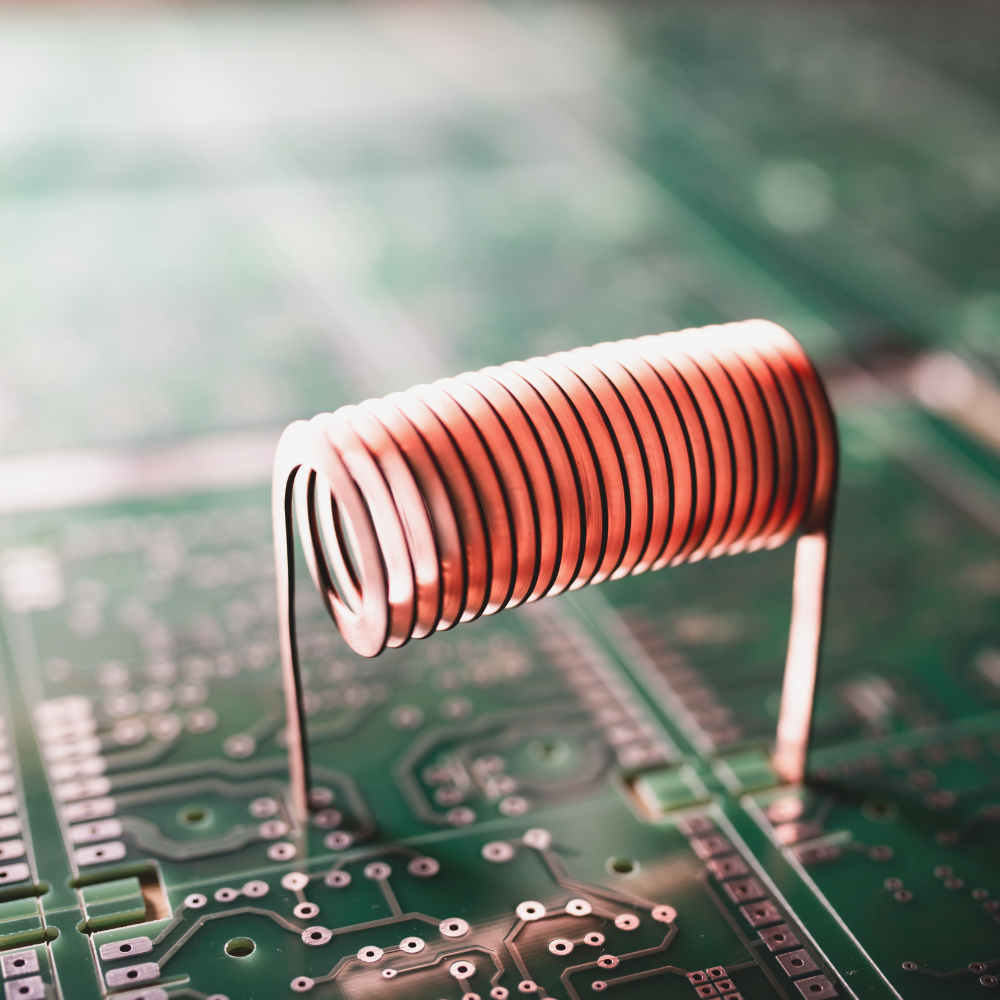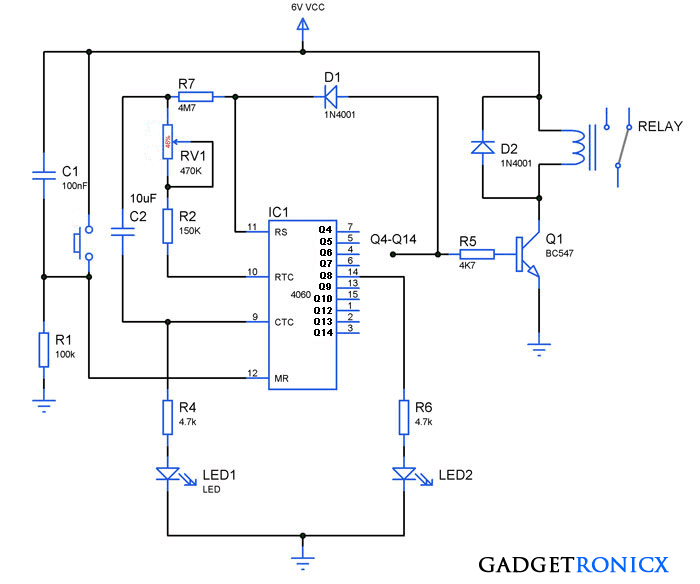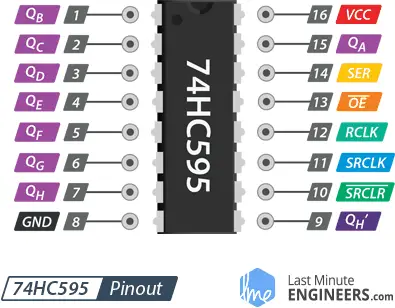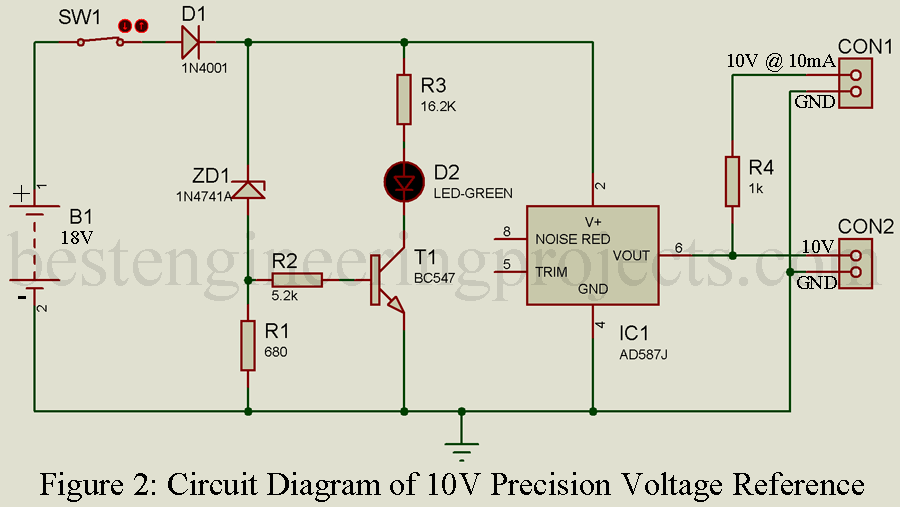Best Resistors for Precision Circuits
When it comes to building precision circuits, the choice of resistors plays a crucial role in the overall performance and accuracy of the system. Resistors are passive electronic components that limit the flow of electric current and maintain stable voltages within a circuit. In precision circuits where small changes in resistance can have a significant impact on the output, selecting the right resistors is essential.
There are different types of resistors available in the market, each with its own advantages and disadvantages. In this article, we will discuss some of the best resistors for precision circuits that offer high accuracy, stability, and reliability.
1. Metal Film Resistors
Metal film resistors are known for their high precision and low noise characteristics, making them ideal for precision circuits. These resistors are manufactured by depositing a thin film of metal alloy on a ceramic substrate, which provides excellent stability over a wide temperature range. Metal film resistors also have low tolerance and low temperature coefficient, ensuring consistent and reliable performance in precision applications.
One of the key advantages of metal film resistors is their high precision, with tolerance values as low as 0.1%. This level of accuracy is essential for precision circuits where even small variations in resistance can affect the overall performance of the system. Additionally, metal film resistors have low noise characteristics, which is crucial for maintaining signal integrity in sensitive circuits.
Overall, metal film resistors are a popular choice for precision circuits due to their high precision, low noise, and excellent stability characteristics.
2. Thin Film Resistors
Thin film resistors are another excellent option for precision circuits that require high accuracy and stability. These resistors are made by depositing a thin film of resistive material on a ceramic substrate, similar to metal film resistors. However, thin film resistors offer even higher precision and stability, making them suitable for demanding precision applications.
One of the key advantages of thin film resistors is their extremely low tolerance values, often as low as 0.05%. This level of precision is essential for precision circuits where accuracy is paramount. Additionally, thin film resistors have very low temperature coefficients, ensuring stable performance over a wide temperature range.
In summary, thin film resistors are an excellent choice for precision circuits that require high accuracy, stability, and reliability.
3. Wirewound Resistors
Wirewound resistors are precision resistors made by winding a resistive wire around a ceramic or fiberglass core. These resistors are known for their high power handling capacity, making them suitable for precision circuits that require high power dissipation. Wirewound resistors also offer excellent stability and low noise characteristics, making them a reliable choice for precision applications.
One of the key advantages of wirewound resistors is their high power handling capacity, with some models capable of dissipating up to several watts of power. This makes them ideal for precision circuits that require high power dissipation without compromising on accuracy and stability. Additionally, wirewound resistors have low temperature coefficients, ensuring consistent performance over a wide temperature range.
Overall, wirewound resistors are a great choice for precision circuits that require high power handling capacity, stability, and low noise characteristics.
Conclusion
Choosing the best resistors for precision circuits is crucial for achieving high accuracy, stability, and reliability. Metal film resistors, thin film resistors, and wirewound resistors are all excellent options that offer different advantages depending on the specific requirements of the circuit. Whether you need high precision, low noise, or high power handling capacity, there is a resistor type that can meet your needs.
Consider the requirements of your precision circuit carefully and select the resistor type that best fits your needs. By choosing the right resistors, you can ensure the optimal performance and accuracy of your precision circuit.
Best Resistors for Precision Circuits
When it comes to building precision circuits, the choice of resistors plays a crucial role in the overall performance and accuracy of the system. Resistors are passive electronic components that limit the flow of electric current and maintain stable voltages within a circuit. In precision circuits where small changes in resistance can have a significant impact on the output, selecting the right resistors is essential.
There are different types of resistors available in the market, each with its own advantages and disadvantages. In this article, we will discuss some of the best resistors for precision circuits that offer high accuracy, stability, and reliability.
1. Metal Film Resistors
Metal film resistors are known for their high precision and low noise characteristics, making them ideal for precision circuits. These resistors are manufactured by depositing a thin film of metal alloy on a ceramic substrate, which provides excellent stability over a wide temperature range. Metal film resistors also have low tolerance and low temperature coefficient, ensuring consistent and reliable performance in precision applications.
One of the key advantages of metal film resistors is their high precision, with tolerance values as low as 0.1%. This level of accuracy is essential for precision circuits where even small variations in resistance can affect the overall performance of the system. Additionally, metal film resistors have low noise characteristics, which is crucial for maintaining signal integrity in sensitive circuits.
Overall, metal film resistors are a popular choice for precision circuits due to their high precision, low noise, and excellent stability characteristics.
2. Thin Film Resistors
Thin film resistors are another excellent option for precision circuits that require high accuracy and stability. These resistors are made by depositing a thin film of resistive material on a ceramic substrate, similar to metal film resistors. However, thin film resistors offer even higher precision and stability, making them suitable for demanding precision applications.
One of the key advantages of thin film resistors is their extremely low tolerance values, often as low as 0.05%. This level of precision is essential for precision circuits where accuracy is paramount. Additionally, thin film resistors have very low temperature coefficients, ensuring stable performance over a wide temperature range.
In summary, thin film resistors are an excellent choice for precision circuits that require high accuracy, stability, and reliability.
3. Wirewound Resistors
Wirewound resistors are precision resistors made by winding a resistive wire around a ceramic or fiberglass core. These resistors are known for their high power handling capacity, making them suitable for precision circuits that require high power dissipation. Wirewound resistors also offer excellent stability and low noise characteristics, making them a reliable choice for precision applications.
One of the key advantages of wirewound resistors is their high power handling capacity, with some models capable of dissipating up to several watts of power. This makes them ideal for precision circuits that require high power dissipation without compromising on accuracy and stability. Additionally, wirewound resistors have low temperature coefficients, ensuring consistent performance over a wide temperature range.
Overall, wirewound resistors are a great choice for precision circuits that require high power handling capacity, stability, and low noise characteristics.
Conclusion
Choosing the best resistors for precision circuits is crucial for achieving high accuracy, stability, and reliability. Metal film resistors, thin film resistors, and wirewound resistors are all excellent options that offer different advantages depending on the specific requirements of the circuit. Whether you need high precision, low noise, or high power handling capacity, there is a resistor type that can meet your needs.
Consider the requirements of your precision circuit carefully and select the resistor type that best fits your needs. By choosing the right resistors, you can ensure the optimal performance and accuracy of your precision circuit.



